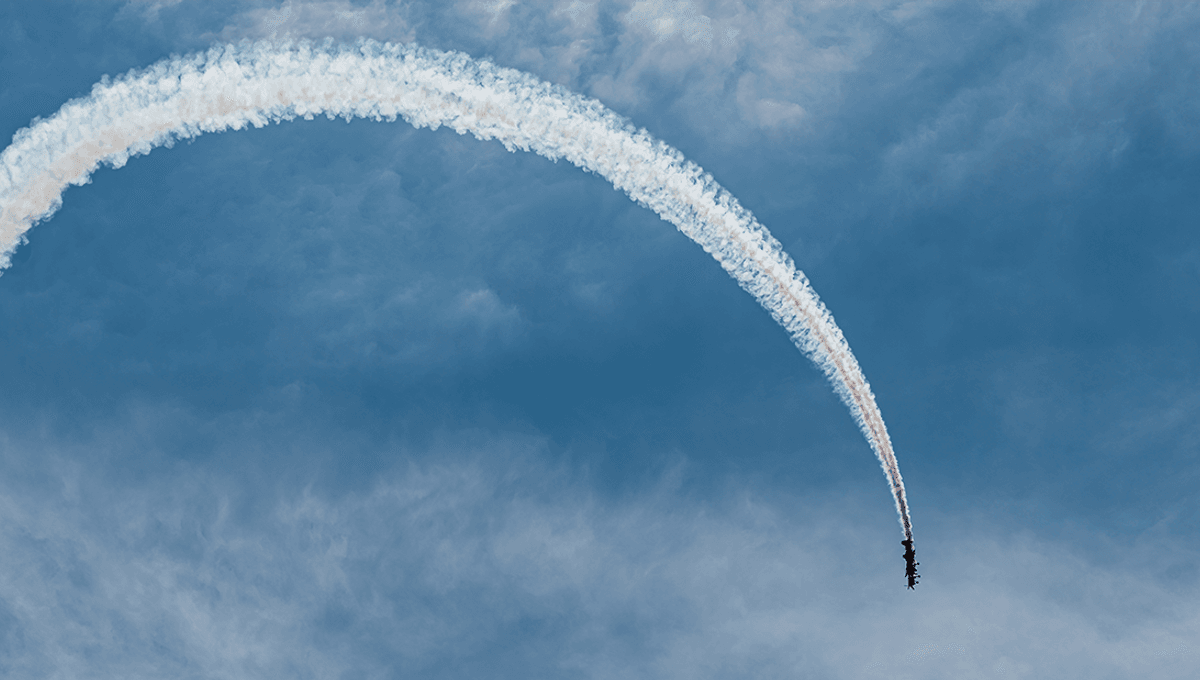
Right now, space travel is limited to trained astronauts and cosmonauts, and the super-wealthy. This means there is little opportunity for having a little zero-g intercourse unless you don’t mind doing it in very close proximity to Jeff Bezos and Captain Kirk.
However, that might not be the case forever. Assuming humanity survives for long enough and continues to be interested in space travel, we could one day create settlements or bases on the Moon or Mars, or perhaps even further afield.
“With the upcoming plans for extended space missions and growing interest in space tourism, the topic of possible likelihood of human conception under microgravity conditions has become even more relevant,” the team behind a new study writes in their paper.
“However, very little is known about the effects of a microgravity environment on human reproduction and specifically on male gametes, since technical and ethical issues and the possible windows of opportunity have made it extremely difficult to obtain experimental data that sheds any light on this topic.”
In short, it’s difficult to get sperm samples to the International Space Station, and it’s a little unfair and unreasonable to ask astronauts to, uh, partake in any such research themselves. Instead, ground-based studies have been conducted under simulated gravity on animal models. However, the sperm of various animals tend to react differently, with reduced motility in mice sperm and increased motility in bull sperm.
In order to investigate the effect on human sperm, the team decided to subject it to microgravity by use of a parabolic flight, also known as “the vomit comet”, named because of how nauseous it can make passengers.
While low-cost and accessible, parabolic flights are not perfect for simulating micro-gravity environments, particularly due to the “hypergravity” which follows the weightlessness as the plane hits the bottom of its trajectory and pulls up. However, the team found flights suitable to their needs and began collecting sperm samples to take on board.
Fifteen volunteers were found with suitable sperm, which was analyzed pre-flight. The sperm samples were split into two groups, with one lucky group getting to experience microgravity, while the other remained at ground level as a control.
The airborne samples were “lightly attached” to a vacant seat, so that they didn’t interfere with the crew or pilot performing the required maneuvers, monitored closely with sensitive accelerometers. After the flight, the sperm samples were returned to the laboratory for analysis.
“Exposure to short duration gravity load changes including microgravity, as sustained in a parabolic flight statistically significantly decreases the sperm motility and vitality of human fresh sperm samples,” the team found, adding that this may have huge importance for any prolonged human settlement missions in space.
“In the future, should humans remain in space for long periods of time with exposure to different microgravity and hypergravity peaks, which could range from months to a number of years, reproduction may pose a problem to be tackled.”
The mechanism by which sperm motility was decreased remains unknown, with further study needed.
“As our experiments involved only few seconds of microgravity,” the team added, “the question arises as to what the effects of a more prolonged exposure might be.”
The study is published in Acta Astronautica.
Source Link: Scientists Took Semen Onto A "Vomit Comet" Flight, And The Results Were Concerning